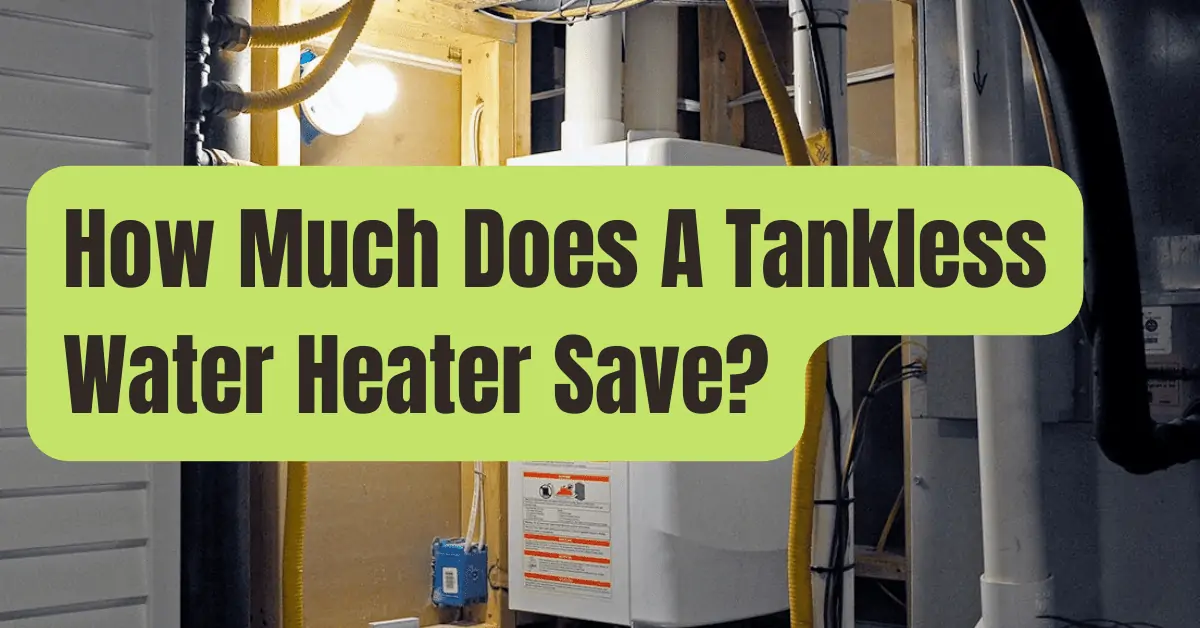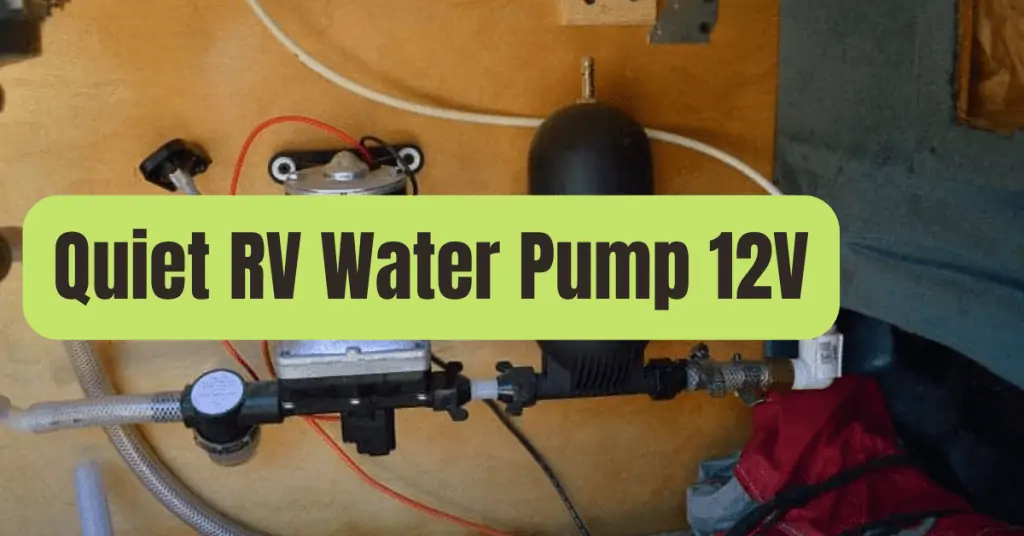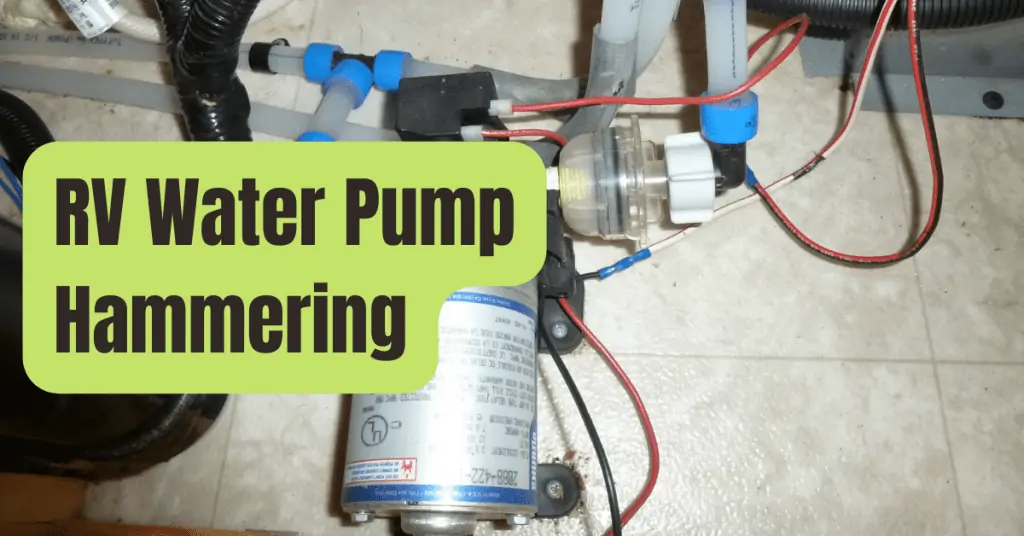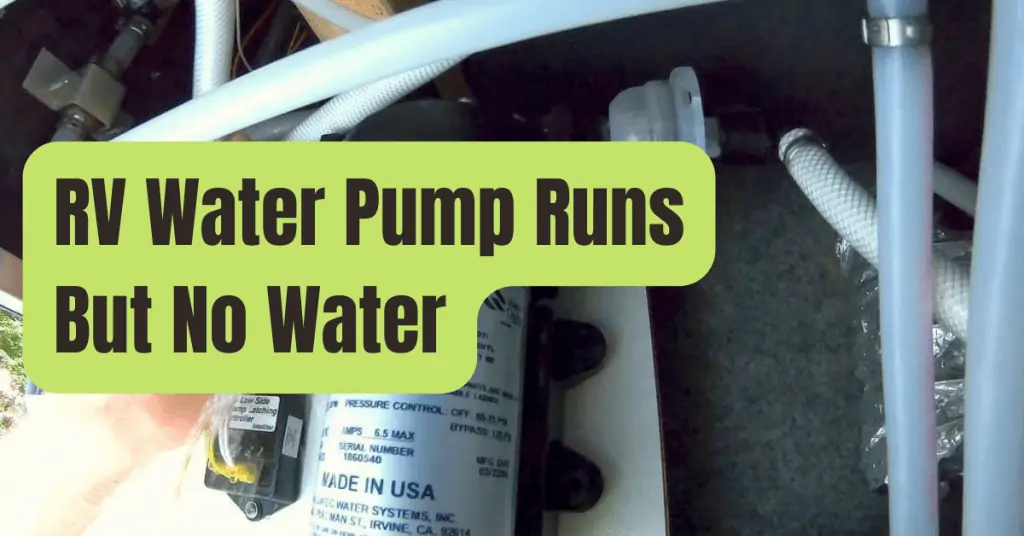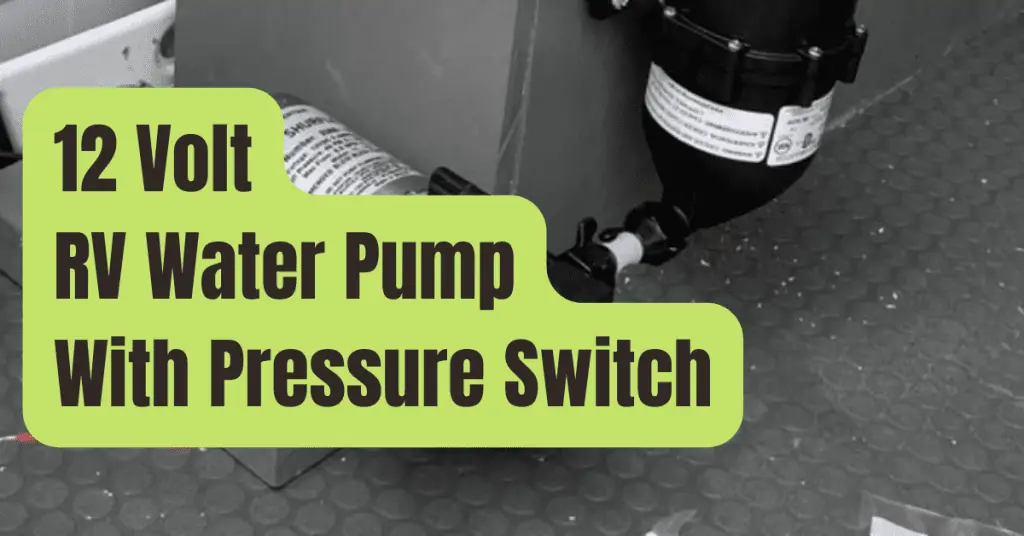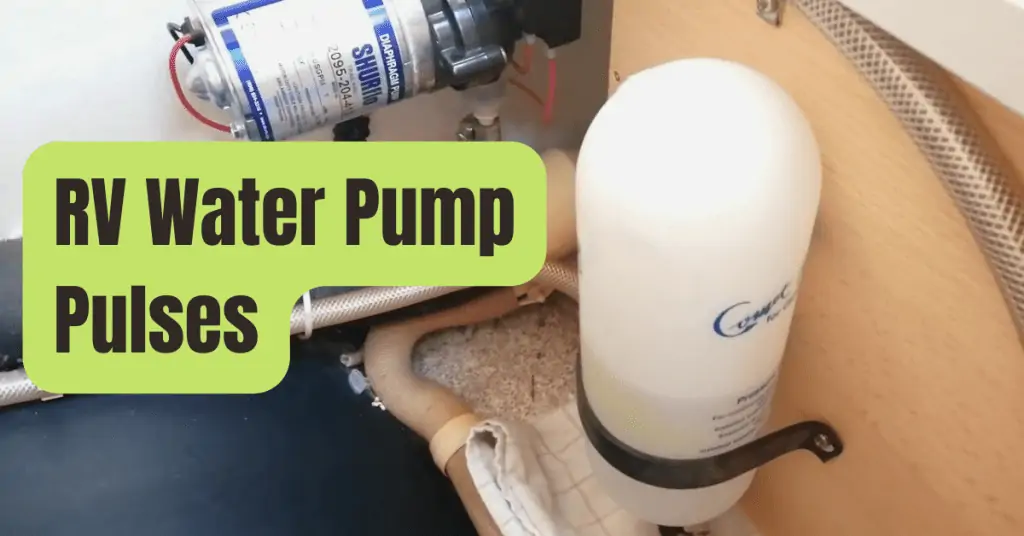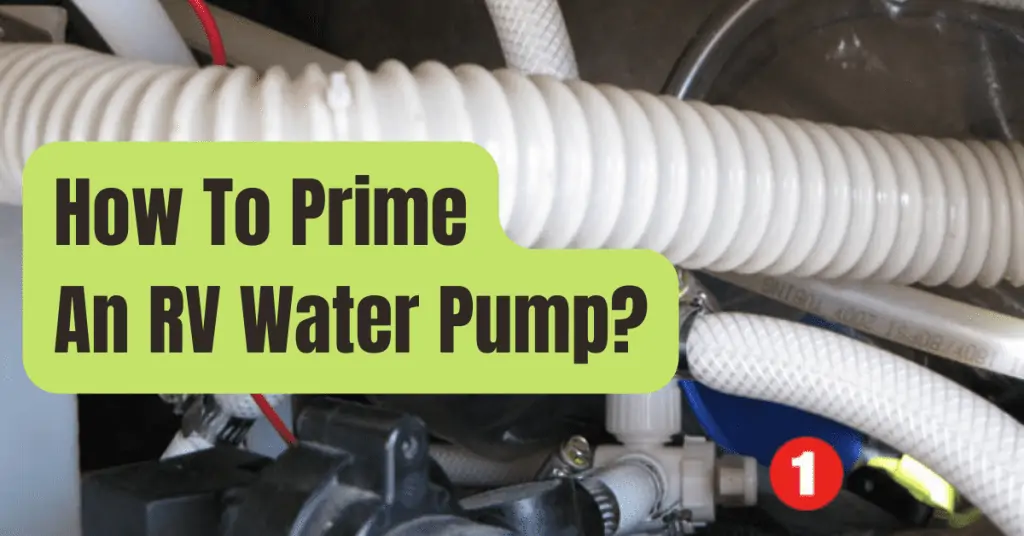Tankless Water Heaters May Result In Lower Energy Costs, But It Doesn’t Always Equate To Financial Savings.
Water heating accounts for 13% of that expense.
For the majority of households, it all adds up, so it seems sense that homeowners would seek out methods to reduce their water heating expenses.
Do Tankless Water Heaters Really Save Money?
Tankless water heaters have gained popularity as a storage water heater substitute during the last ten years or more.
Tankless water heaters, often referred to as demand, on-demand, or instantaneous water heaters, provide a number of benefits over storage water heaters.
When you need it, they virtually quickly heat water.
Additionally, there is no longer a need to maintain a 30- to 80-gallon water tank heated while it is not in use.
Due of this, many homeowners now think that converting to a tankless water heater would result in financial savings.
Some families may save some money in the long run, but for the majority, the math is murky.
Water Heaters Without Tanks Improved Water Heating Efficiency
One thing is certain: tankless water heaters are often more efficient than storage water heaters when all other factors are equal.
(This presupposes that we’re comparing gas to gas and electric to electric and that the daily use is the same.)
Demand water heaters may be 24%-34% more energy efficient than traditional storage tank water heaters for residences that consume 41 gallons or less of hot water per day, according to the Department of Energy.
They may be between 8% and 14% more energy-efficient for houses that consume 86 gallons or more of hot water each day.
Tankless water heaters may seem to save you money on your energy bills, but this does not necessarily translate into total financial savings.
Let’s take a deeper look at the distinctions between tankless water heaters and conventional storage water heaters, a subject we’ve already covered in greater depth, to comprehend why.
Energy Efficiency’s Costs
Tankless water heaters have greater upfront expenses for both purchase and installation in exchange for their energy savings.
The increased cost of tankless water heaters is a result of their more intricate engineering.
Additionally, installing tankless water heaters is more difficult.
Tankless gas water heaters can need more venting and gas supply lines with a bigger diameter.
A homeowner may need to improve their electrical system to 200 amps or more since whole-house electric tankless water heaters use so much electricity while they are operating.
(If necessary, an electrical system update might significantly increase these expenses.)
Energy bill reductions may ultimately pay for tankless water heaters, but it may take a while.
For a gas tankless heater, the payback time is 22–27 years, while an electric tankless heater takes 12–20 years.
Tankless water heaters typically last 20 to 25 years longer than storage heaters.
They will finally be able to deliver on those savings.
But for that little net savings, it is a lengthy wait.
Additional Tankless Water Heater Advantages
Tankless water heaters are still a good choice despite this.
The environment may benefit from their higher efficiency.
And they provide your house with a number of possible performance advantages.
#1. Enhanced Life
First, as we just noted, tankless water heaters often live longer—often by a factor of two.
A basic storage water heater may have a six-year guarantee and survive between eight and twelve years.
Tankless water heaters typically have a 10-year warranty and may last 20 to 25 years.
Additionally, a tankless water heater’s components are often replaceable.
A tankless water heater may only need a repair for issues that might shorten its lifespan.
#2. Unlimited Supply
Running out of hot water is no longer an issue thanks to tankless water heaters, with one major exception.
Your family may continuously take hot showers throughout the day without ever running out or having to wait for the water heater to heat more.
This may completely alter the morning and evening routines for big or busy families.
The flow rate is when there is an exception.
Only up to a specific amount of water per minute can tankless water heaters heat water virtually immediately.
The normal flow rates range from 2 to 5 gallons per minute, depending on the size and type.
Running your dishwasher, washing machine, and hot shower all at once may surpass that flow rate with certain whole-house tankless water heaters, leaving you briefly without adequate hot water.
(You will have enough hot water right away as the demand returns to being below the maximum flow rate, such as after the washing machine has completed filling its tub.)
The majority of families find it simple to adjust to the flow rate restrictions and they appreciate the limitless supply.
However, homeowners should choose tankless water heaters with larger flow rates if they consume a lot of hot water at once.
(We’ve already written on how to choose the ideal tankless water heater size for your need.)
Installing numerous tankless water heaters, especially smaller “point of use” models close to frequently used or distant items, may make sense in certain houses.
The flow rate restriction may be removed in this way.
Additionally, since less heat is wasted via supply line pipes as hot water flows to its destination, it may provide even greater total efficiency — 27% to 50%.
#3. Space Reduction
A typical storage water heater is roughly two feet in diameter and five feet tall.
It occupies a lot of room.
It could clog up your laundry room, fill up a closet, or, in older houses, make your kitchen a little unsightly.
Tankless heaters are much more compact.
They are often installed on walls and take up less room.
They are simple to conceal, and even when they are, they often have quite appealing designs.
Do You Need a Tankless Water Heater?
When deciding whether to convert to a tankless water heater, there are several factors to take into account.
But you don’t have to make the choice by yourself.
We are here and prepared to assist.
To find out more about tankless water heaters and to see whether they’re a suitable fit for your house, get in touch with Ragsdale right now.

